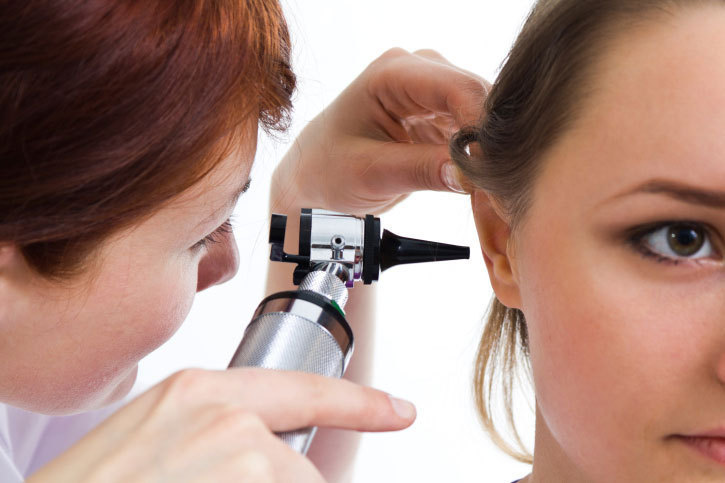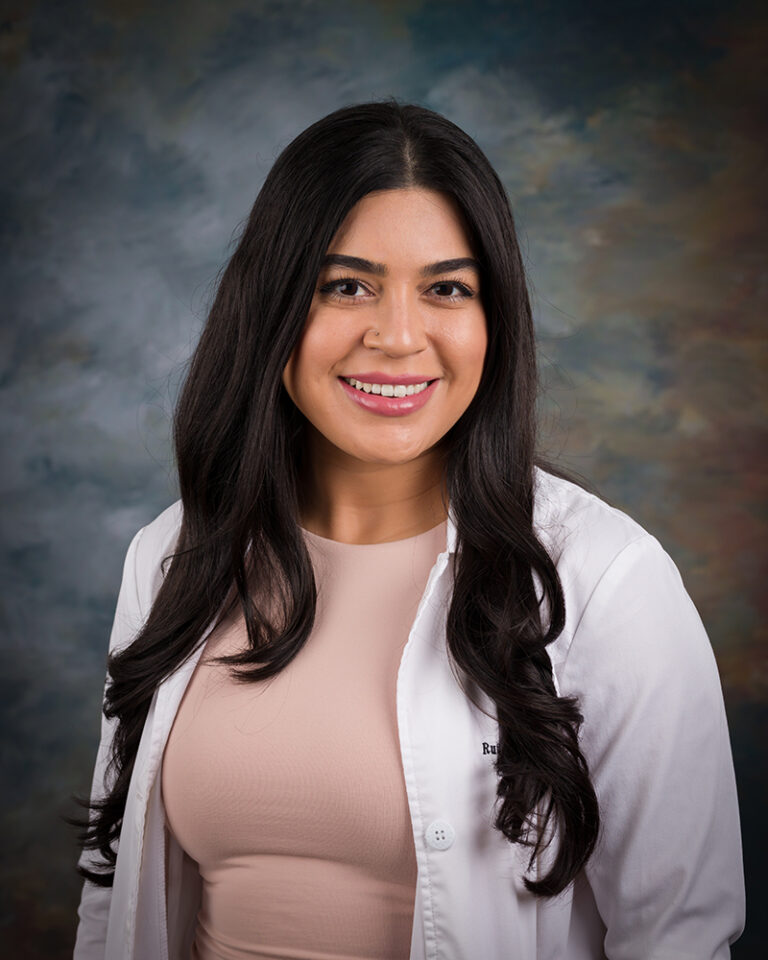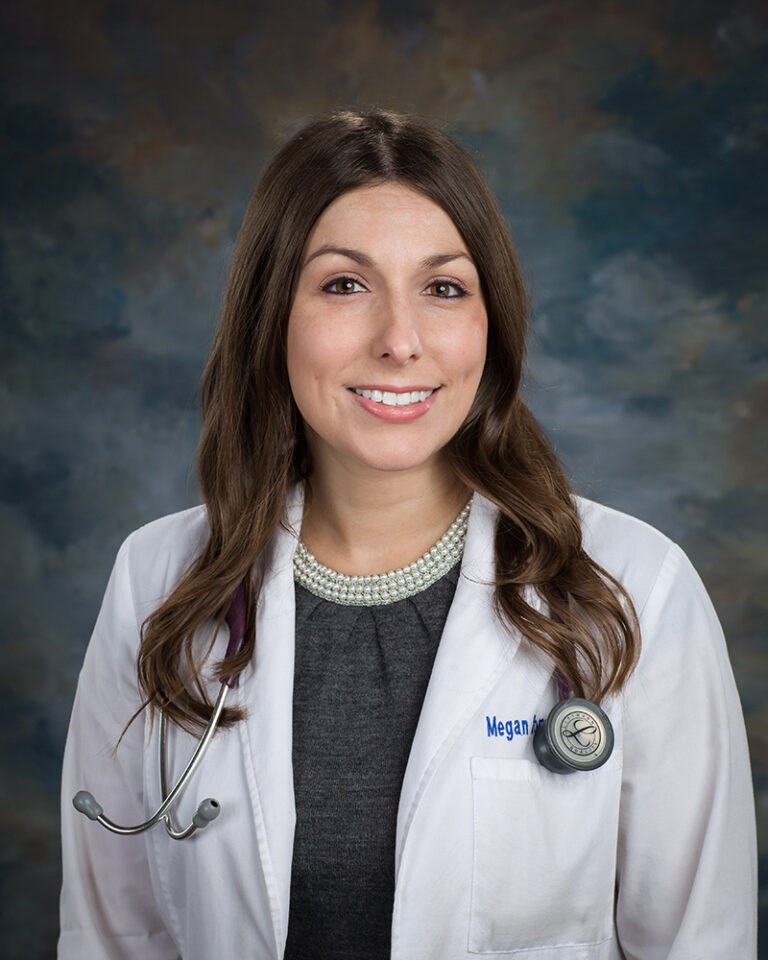
Otorhinolaryngology is the medical discipline involving the assessment, diagnosis, treatment, and management of diseases, abnormalities, and other health problems affecting the ears, nose and throat, as well as the head and neck, mouth, sinuses, and voice box (larynx). Also referred to as ENT, otorhinolaryngology is considered as one of the oldest medical practices in the United States.
Specialists in the field are called otorhinolaryngologists. Aside from medical management, they are also trained to perform surgeries that involve the above-mentioned body parts, including plastic or reconstructive surgeries.
FAST FACTS
- Sneezes can travel up to 100 miles per hour!
- Your sneeze’s spray lands much further than you’d think. Some estimate that sneeze spray will spread from a 5 to 30 foot radius. On a more practical note, this fun fact drives home the point that you need to sneeze into a hanky, tissue, or into your arm or hands – and then be sure to wash your hands!
- We sneeze to give our noses a reboot. Much like a temperamental computer, our noses require a “reboot” when overwhelmed, and this biological reboot is triggered by the pressure force of a sneeze. The sneeze is accomplished by biochemical signals that regulate the beating of cilia (microscopic hairs) on the cells that line our nasal cavities.
- Sunlight causes people to sneeze. Have you ever noticed that you sneeze more in bright sunlight? 1 in 4 people sneeze as a reaction to sunlight. This reaction is called the “Photic Sneeze Reflex.” Some scientists belive the reason for this is that the message to the brain that tells it to shrink the pupils in the eyes may cross paths with the message the brain receives to sneeze.
- We sneeze in two’s and three’s for good reason. Particles trapped in the nasal passages needing to be expelled by sneezes need a little extra help sometimes. As you may have noticed, it often takes more than one attempt to get those irritants out, which is why we have multiple sneezes in a row.
Additional Resources
OSTEOPATHY

US NEWS
Should you get tested for food sensitivities?

TREATMENT ABROAD
Rhinoplasty: the lowdown






